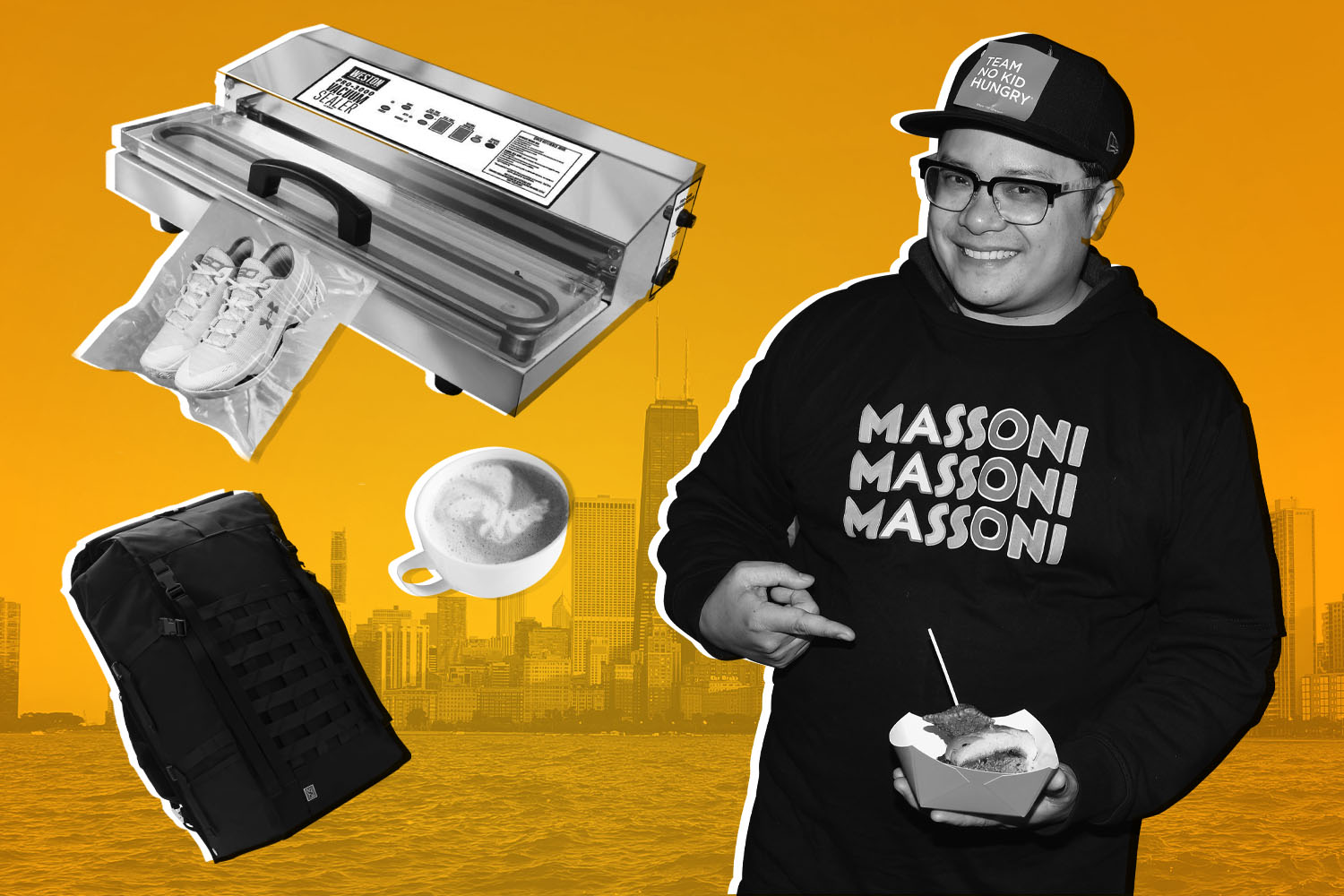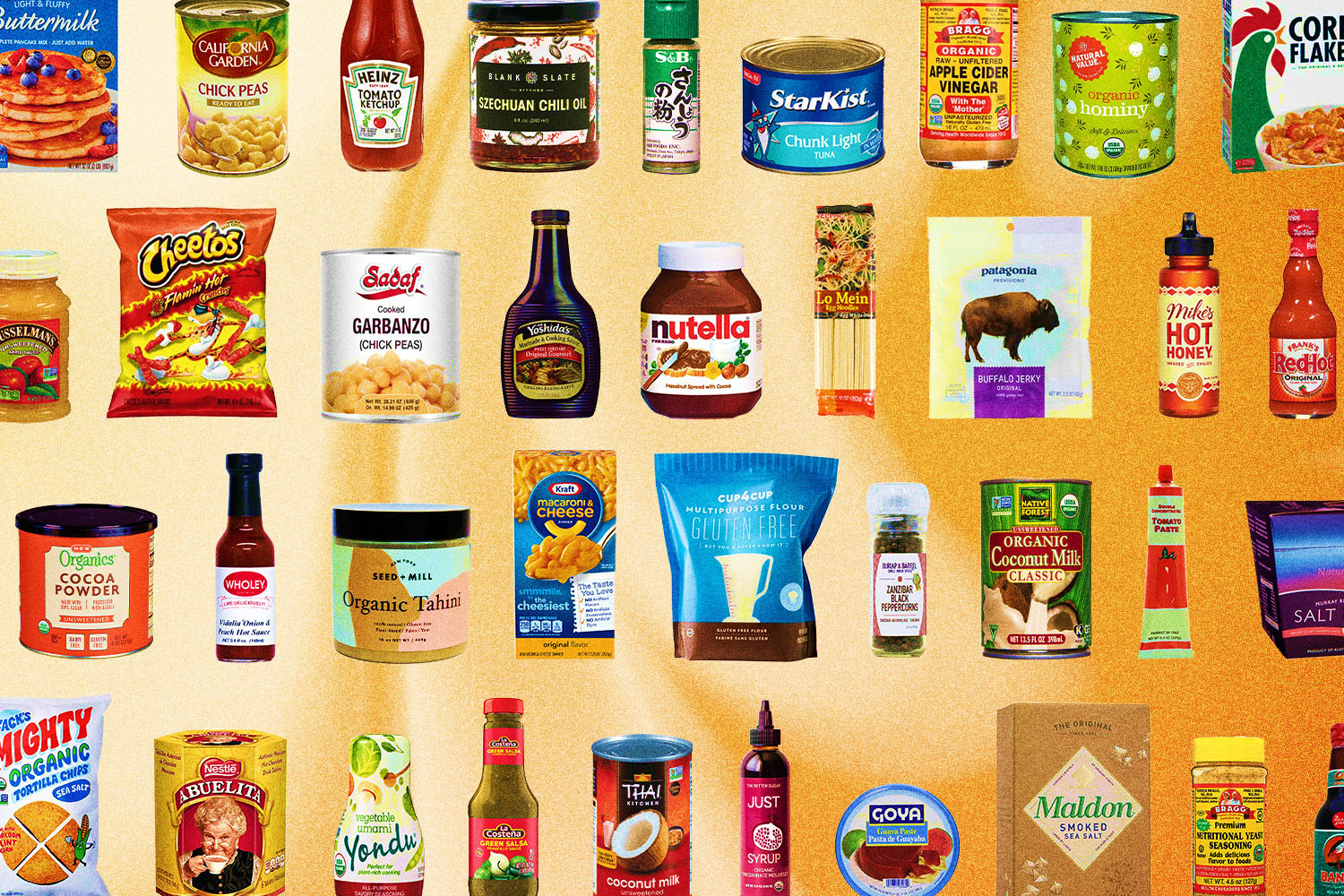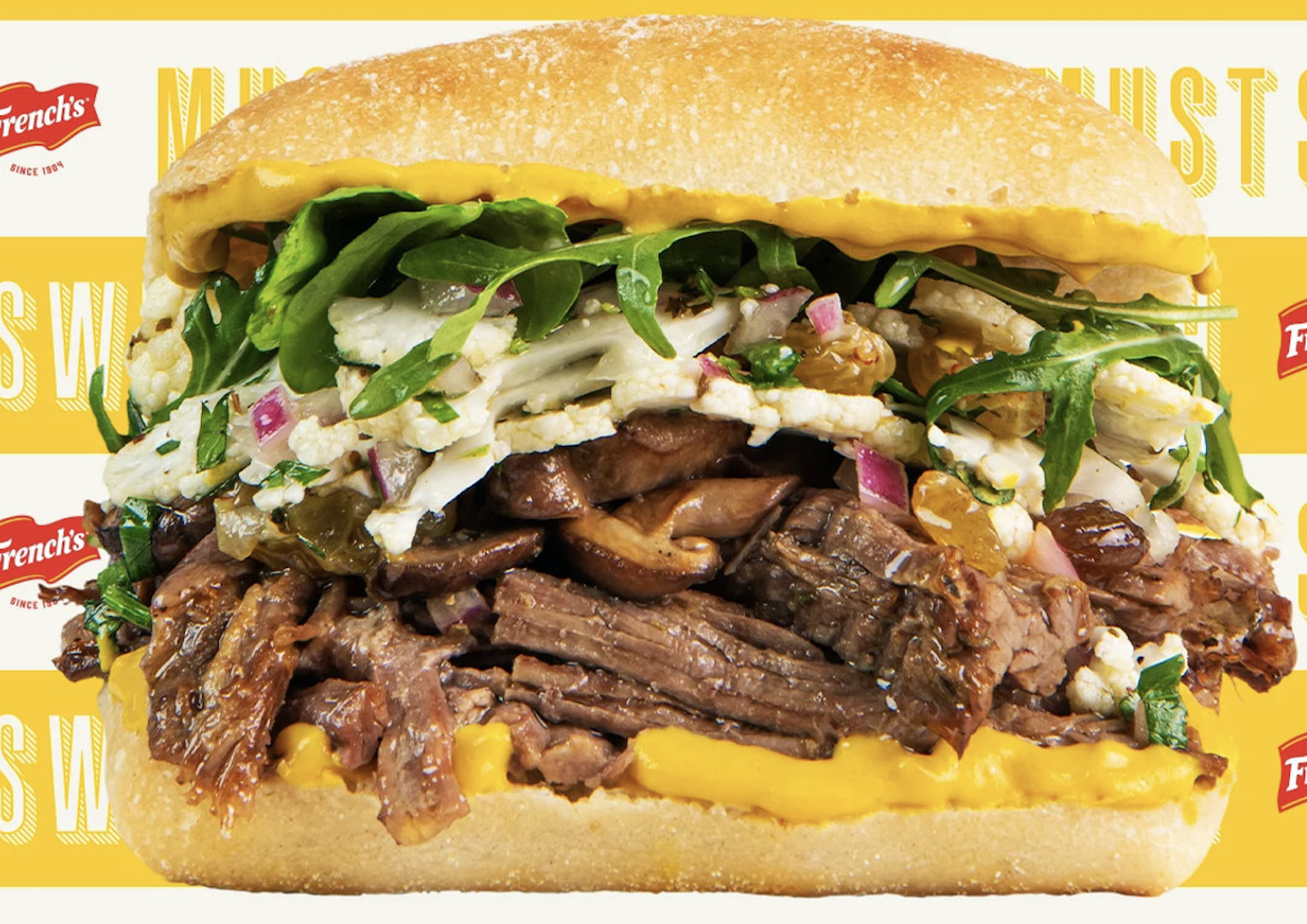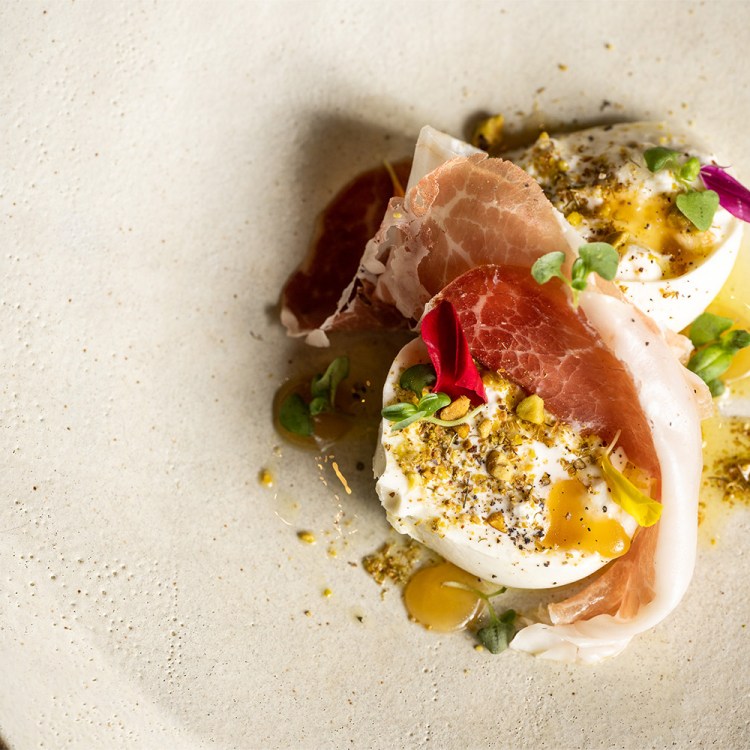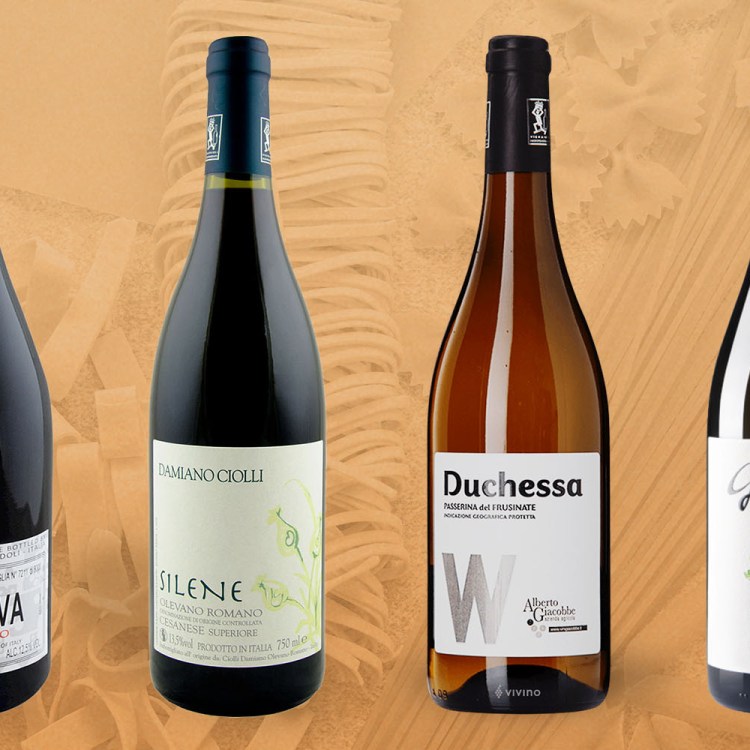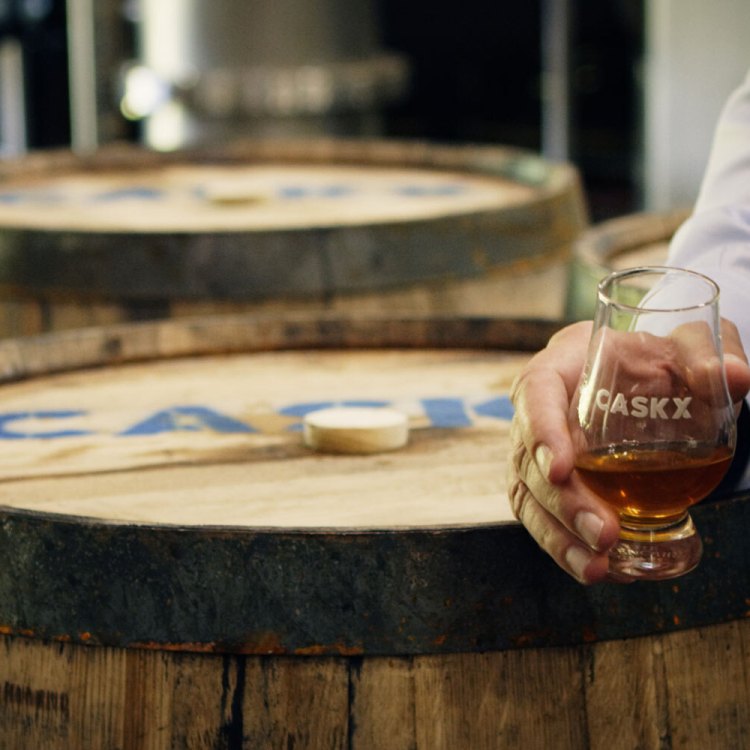If you’re anything like us, you don’t need any extra incentive to get back out there and spend some cash at your favorite local bars and restaurants now that it’s finally safe to do so. After 14 months of isolation, you’ve likely been dreaming of it, counting down the days until you could once again post up at your favorite table, break bread with your buddies and throw back a few beers.
But if, for some strange reason, you do need that extra push to get out and support your local establishments as they bounce back from the financial devastation of the pandemic, Stella Artois is here to help. The brand is picking up the tab for your first beer back, and they’re partnering with Top Chef and Taste the Nation host Padma Lakshmi on a new campaign called “Your Table Is Ready” to encourage everyone to get out there and take advantage of the offer.
The First Stella Back promotion is open to up to 150,000 customers across the nation through Aug. 31. (You can visit MyCooler for more information on how to get yours.) Stella is also partnering with the James Beard Foundation on a special 14-ounce “Open For Good” bottle to benefit the restaurant industry’s post-pandemic recovery. Starting on June 7, a portion of the proceeds from the bottle, which will be available exclusively in restaurants and bars, will go directly to the Foundation’s Open For Good campaign. The bottle also features a custom QR code that customers can scan in order to take further steps to support their favorite restaurants.
“After a heartbreaking year of seeing over 100,000 restaurant closures due to COVID-19, it is such a joy to work with Stella Artois to inspire people to finally return to their favorite eateries,” Lakshmi says. “Together, we can honestly say, now more than ever, it’s important to go back to those tables. Restaurants will rebound, but only with the help of their dedicated diners.”
We caught up with Lakshmi to learn more about the “Your Table Is Ready” campaign, get her take on what changes need to be made in order for restaurants to thrive in our “new normal” and learn about what it was like to shoot new seasons of Top Chef and Taste the Nation in the middle of a pandemic.
What can you tell me about how this partnership with Stella came to be and what drew you to it?
Padma Lakshmi: Well I’ve been working with the James Beard Foundation since the beginning of the pandemic to help restaurants where we could. I’m on the leadership council there for the Open For Good campaign. And recently when Stella approached me about this campaign, I thought it was such a great idea and a perfect fit. I mean, things are finally opening up, and some cities are at full capacity. Others are not, but I think now more than ever is really when all of these restaurants need our help. The restaurant industry was left out of the first bailout, and a lot of people are still afraid, and by the way. A lot of people are struggling and have lost their jobs. So the first thing that tends to go away, of course, is that entertainment expense, which is why I think the program that Stella is doing — not just the PSA with me in it, which I thought was a really sweet, beautiful spot that they came up with, but the whole program — first of all, giving the first beer on them, which is pretty generous. So it’s like, “I’ll buy you your first beer so it takes the sting out a little bit.” And then also the aluminum bottle, there’s the QR code and if you scan it, some money goes to the James Beard Foundation. And I think that’s a really cool thing to do. And they’ve committed a serious amount of money to the James Beard Foundation. I think it’s a wonderful campaign that helps both restaurants and the consumer get back into the groove and get back to normal. I was happy they asked me to do it. I was really proud to partner with them.
A lot of us have spent the pandemic sort of fantasizing about which of our favorite restaurants we would get to visit once they finally reopened. I’m curious, do you have a list of favorites that you’re dying to get back to now that things are opening up?
Yeah, I mean there is a new restaurant that Daniel Boulud is opening in Grand Central Station. And I’m curious about what that’s like, so I’m looking forward to going to that there. Just really, I’m just looking forward to being able to go to all of my neighborhood spots. And I have tried to still cautiously go to a couple of restaurants recently that have opened up or had indoor seating; before that I also just sat outside when it was warm enough to do so in New York, of course. There’s restaurants that have been open or trying to stay open. And then there are others that just felt that they couldn’t do it because of the staffing needs. They didn’t think they would be able to make enough money at 50% capacity. So I have a whole list, but I have gone back already to a few restaurants.

There’s always talk of restaurants “returning to normal,” and I’m curious your thoughts on what this new normal might look like? Do you think that the restaurant industry has been permanently changed by the pandemic?
I do think the restaurant industry has permanently been changed. I think the reason that so many restaurants went under so quickly is because the margins are really low in restaurants and people expect a lot of value for their dollar. And I hope that as we reshape the restaurant industry and go back to whatever you want to call “normal” or “full capacity,” we do so in an equitable way — that we pay our servers enough, that we make sure every person who’s involved in that food chain, from growing to showing up on our plates at our favorite eateries, that those people are considered and paid a living wage. You know, it’s hard. Like you have to share your tips, and then a lot of them are undocumented behind the kitchen. And there’s a reason for that. It’s because people want a level of goods and services for a price that is unreasonable. I mean, eating out was always supposed to be a special occasion. I mean, not if you’re just going to your local neighborhood spot and grabbing a beer and an appetizer with a couple of friends. I mean, that is something that we all do on a regular basis.
You know, when I was a kid, we didn’t go out. We didn’t have a culture of going out in my family that often. And because it was an expense, it was a special treat. And I think now with takeout and everything, people just want everything to be so cheap, but they’re not doing math, you know? And so like, even if you do eat somewhere cheap, you have to know that that is food you’re putting in your body. And so you kind of get what you pay for, and so even without knowing it, you’re not eating healthy because of that. Because you want your food prices or your menu items to be so low, you’re just thinking about it that way. But if you think about the quality and what that positive food would cost and the labor, fair wages for that labor to make you the food you love, we all spend too little, actually, on our food in proportion to all the other stuff we buy — all the stuff, all the trash that we buy and we don’t really need. Like, how many clothes do we need? You know, I walk down the street in New York, and all I see is the same 10 shops of clothing. And it’s like, we need to have fewer things but have better experiences, because at the end of our lives, I believe those are the things we’ll remember, our experiences with people and places and food.
Tell me a little bit about the experience of filming a season of Top Chef during the pandemic.That must have been pretty surreal to have to work under those conditions.
Yes. I mean, that was one of the hardest things I’ve had to do. I’m happy to say that we were one of the first shows to go back into production, and it was very stressful to be in that kind of bubble. I thought quarantine was bad from March to September, but it paled in comparison to the Top Chef bubble. But I’m happy to report that I have a crew of 150 people and not one of us got sick, touch wood. So we were able to deliver the series without anyone getting ill. And it was also good, it felt good to be productive, to put all those people back to work; that was important, but it was difficult. It was really hard because we didn’t have the sort of de-stressing valve that we normally have when we work very intensely on Top Chef, like going out to have a drink with your buddies in the camera department or whatever. We couldn’t do that. Each of us had zones and things like that.
You also have a new season of Taste the Nation in the works. Is there anything you can tell me about what fans can expect from that?
Sure. This season, obviously, because of COVID — I mean, in Top Chef, we were able to sequester everybody and contain the environment, but on Taste the Nation, if you’ve watched the show, I’m in a different home or backyard or restaurant kitchen or food truck like every day. And so I’m going into people’s homes and all this stuff, and so it’s really hard to control. I mean, we are in production right now, and I have filmed just a little bit. We’re just starting. It’ll be a shorter season. It’ll be out though by the holiday season. So we’re looking to put these out later this fall because I don’t want fans to forget about the show. Because of the pandemic, we couldn’t shoot until now. And even now, we’re shooting with a lot of precautions and stuff. So we won’t have a regular season this year, we’ll have a shortened season, but I think it’ll be really nice where we’re going to do a special season that is focused on holidays, and it will be airing around the holidays. So hopefully it will teach people about different communities that live among us and how they celebrate the holidays. We tried to creatively work around it like that.
This article was featured in the InsideHook newsletter. Sign up now.

